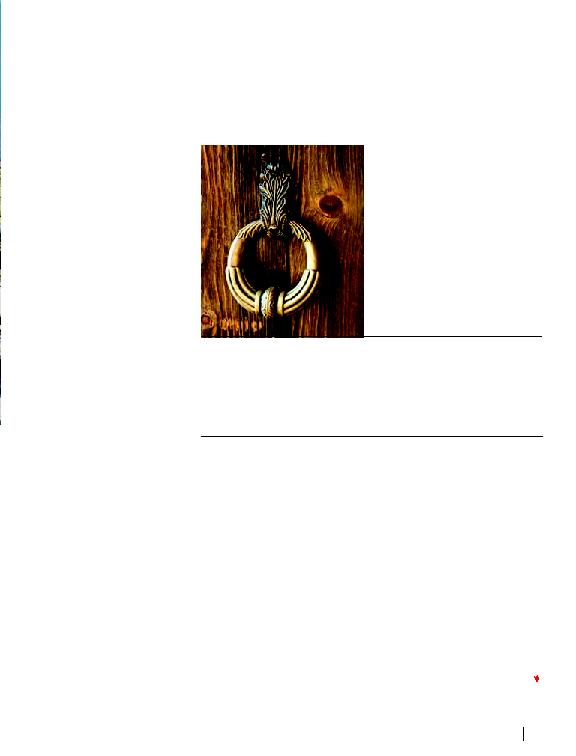
He told them that "whom I love, I
rebuke and discipline" (vs. 19). The
word for love indicates His most
tender affection toward them. Our
Lord continues to love us even
love Him. He urged them next to
be earnest, to move from being
lukewarm to heartfelt repentance.
The rebuke and discipline, along
with their repentance, are all part
of the Lord's molding them into not
only what pleases Him, but what
moves them toward their highest
potential. Broken bones must be
set straight; infections must be
cleansed; cancers must be re-
moved. Pain is most surely in-
volved, but the alternative to
correction not being done is to die.
Jesus was not trying to damage
the self�esteem of the Laodiceans
but rather rescue them from cer-
tain death. There is no point to
putting a pretty bandage on a per-
radical surgery.
well known and beloved. "Here I
am! I stand at the door and knock.
If anyone hears My voice and opens
the door I will go in and eat with
him and he with Me" (vs. 20).
teach that man must seek after
God through ritual or meditation
or knowledge. But the Bible shows
us that God has come for us, He is
seeking us, He wants us.
through window where we too
often go to wolf down substandard
food. Instead, He wants us to enjoy
would give us. The irony of this is
that Jesus stands outside seeking
entrance to the heart which should
be His already. Our hearts were
built to be His dwelling place, they
are His design, but He allows us to
decide if He will enter.
tion and then asking to come in.
But you must open the door--He
will not open it. But if you do, He
promises to enter. Do you now
hear His knocking? Is this the day
you will allow Him to come in and
save you not only from your sins
but from yourself?
able in all things. Jesus further
said He was "the ruler of all cre-
ation." All things find their begin-
ning in Him because He created
all things. (See John 1:1�3.)
church. His scathing criticism of
them included His accusation
that they were "neither hot nor
cold" (15�16). Water to the city
ran through aqueducts from hot
springs miles away. Along the
way it cooled, but not enough to
be readily drunk. It also had a
high mineral content resulting in
an unpleasant odor. If a person
drank the lukewarm water too
fast, he would vomit. It was this
very picture that Jesus used to de-
scribe what it was like to "drink"
the tepid Christianity of Laodicea.
portance. The people prided them-
selves on their affluence but,
instead of being dazzled by this,
Jesus called the church "wretched,
pitiful, poor, blind and naked" (vs.
17). Despite being a place known
for people receiving their sight,
note that Jesus called them blind.
The booming clothing industry
could not hide their spiritual
nakedness. All outward appear-
ances made Laodicea very desir-
able, but inwardly, in their hearts,
there was nothing but resounding
emptiness or worse, slow decay.
We recall the pretensions that
Hans Christian Anderson immor-
talized in his story, "The Emperor's
New Clothes." It was this same
foolishness that characterized the
Laodicean church.
who so live their lives that they
sicken the Savior?